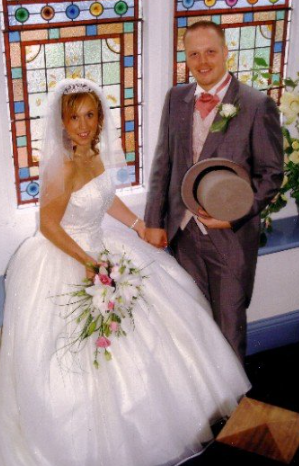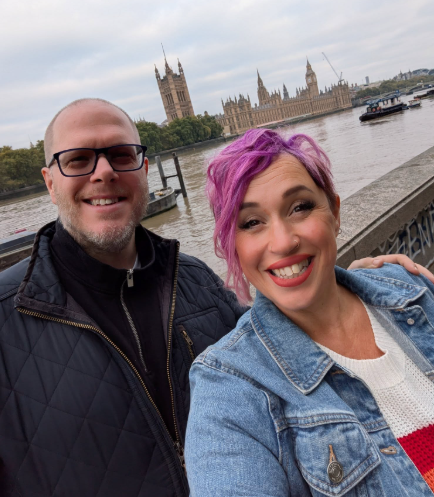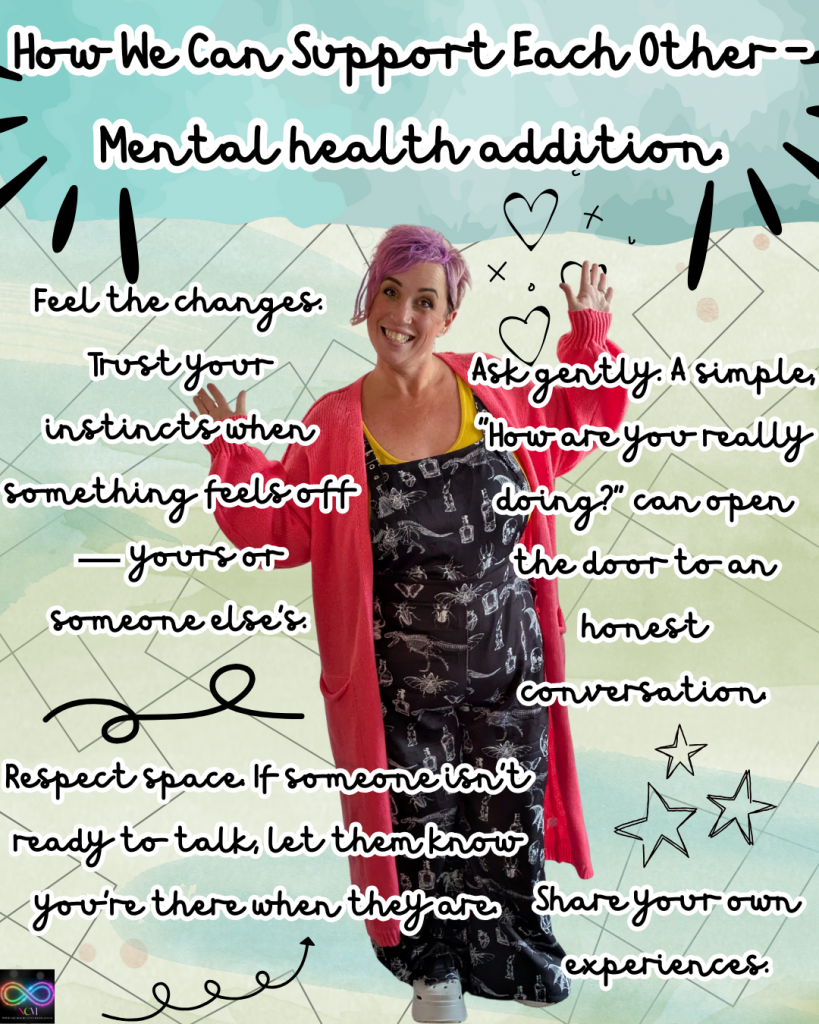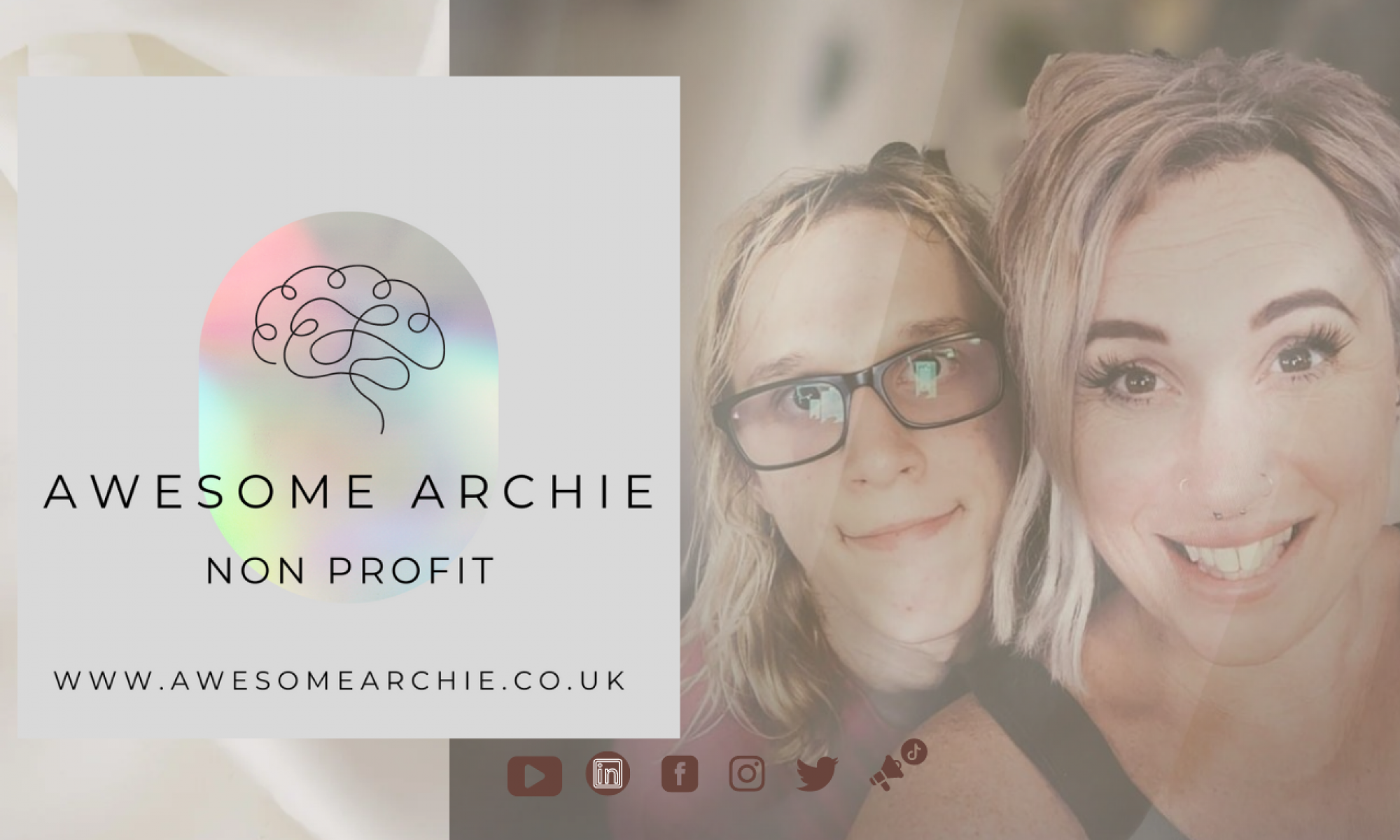Ian and I have been together for almost 25 years and although our marriage hasn’t been plain sailing (no marriage ever is) I know that he knows me so well that often he see’s things in me that I cant!

These last two decades have proven to me — I’m often the last to notice when I’m starting to struggle. It’s not that I’m ignoring it on purpose; it’s just that the signs creep in slowly and quietly. I start moving less, my motivation dips, I stop replying to messages, and yet, somehow, I convince myself everything’s fine.
It’s usually my lovely husband who spots it first. He seems to know before I do when I’m heading into a low patch. He’ll notice the little things — my tone, my energy, the way I retreat into myself — and gently ask, “Are you okay?” Sometimes I brush it off, often I get defensive. But deep down, I know he’s right.
I genuinly really value that about him — the way he can see me even when I can’t see myself. It’s a reminder that sometimes we need the people who love us to hold up a mirror. And while it can be hard to face, that mirror can also be what helps us find our way back.

So, Why It’s So Hard to Notice Our Own Struggles?
Looking back, I think part of the reason it’s so difficult is that our minds are good at adapting, for me masking is a part of my everyday and often I forget who I really am. When things start to get heavy, we tell ourselves it’s just stress, tiredness, or hormones. We normalise feeling off because it happens slowly — one small compromise at a time. Sadly , if you spend months or years feeling like this , it becomes your ” normal”… Sorry, I HATE that word!!!
For many people, especially those who are neurodivergent like me, this can be even trickier. We so expertly learn to “mask” our difficulties — to keep going, to blend in, to cope quietly. After years of doing that, it becomes second nature to push through instead of pause. So when we start slipping, we don’t always recognise it as something more than a bad day.
I’ve also learned how important it is to reach out when we notice someone else struggling — even if we’re not sure. It doesn’t have to be dramatic or intrusive. It can be as simple as sending a message or saying, “You don’t seem quite yourself lately, how are you doing?”
The truth is, sometimes people don’t know how to ask for help, or they don’t even realise they need it. A small gesture can make a huge difference. And honestly, even if you’re wrong and they’re perfectly fine, it doesn’t matter — you’ve still shown that you care. You’ve still done your part.
But… There Is Also The Denial We Don’t Talk About
Denial can be sneaky. I’ve caught myself thinking, “I can handle this,” or, “I’ve been worse before.” It’s easy to minimise your own feelings because admitting you’re struggling feels like weakness, fixing things is too big a task — or because you’re afraid of being “too much.”
But I’ve learned (and am still learning) that acknowledging you’re not okay doesn’t make you weak. It’s actually one of the strongest things you can do. It’s also one of the kindest — because it gives the people who love you a chance to show up for you.
I’m a big believer that we all have a role to play in each other’s wellbeing. Here are a few things I’ve found helpful — both as someone who struggles and someone who tries to support others:
- Notice the changes. Trust your instincts when something feels off — yours or someone else’s.
- Ask gently. A simple, “How are you really doing?” can open the door to an honest conversation.
- Respect space. If someone isn’t ready to talk, let them know you’re there when they are.
- Share your own experiences. Vulnerability invites vulnerability — it makes others feel less alone.
- Don’t be afraid to care. Even if you misread the situation, kindness never goes to waste.
These days, when Ian tells me he senses I’m dipping, I try not to dismiss it, although my initial reaction is usually defensiveness. I take a breath and check in with myself. Sometimes he’s wrong — but more often than not, he’s right. ( Dont tell him though please 😉 )
And I’ve realised that’s not a sign of weakness. It’s a reminder that we’re not meant to go through life alone. We need those people who can see the clouds gathering before we do — and we need to be that person for others too. Sometimes that feels awkward or like an overstep, but you never know, you could save a life!
Because in the end, even if you reach out and they’re fine, you’ve still reminded them that they matter. And that simple act — seeing someone, really seeing them — might just be what gets them through.

